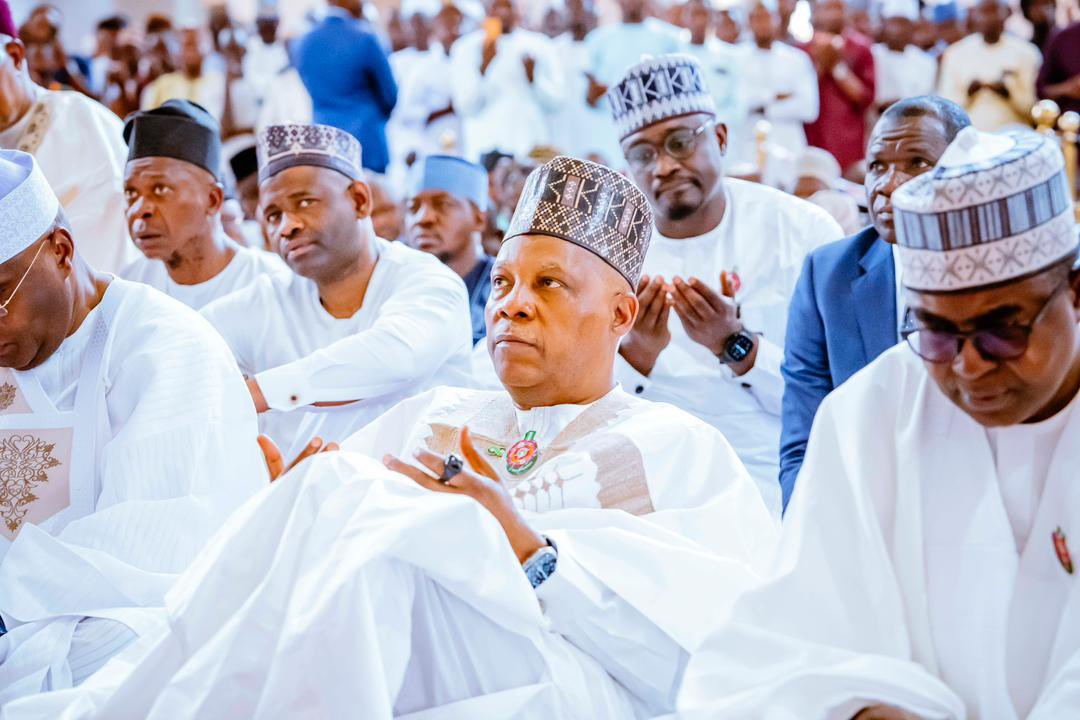
The Socio-Economic Rights and Accountability Project (SERAP) has initiated legal action against President Bola Ahmed Tinubu, demanding immediate action to address the recent increase in petrol prices and alleged corruption within the Nigerian National Petroleum Company Limited (NNPCL).
The lawsuit, filed on September 13, 2024, at the Federal High Court in Abuja, includes the Attorney General of the Federation and Minister of Justice, Mr. Lateef Fagbemi, SAN, and the NNPCL as respondents.
The case, numbered FHC/ABJ/CS/1361/2024, seeks to compel President Tinubu to direct the NNPCL to revert the petrol price from N845 per litre to N600 per litre.
In addition, SERAP is calling for a probe into allegations of corruption and mismanagement within the NNPCL.
The organisation wants President Tinubu to instruct Mr. Lateef Fagbemi, SAN, and relevant anti-corruption agencies to investigate the alleged misuse of $300 million in bailout funds and a reported $6 billion debt owed to suppliers, despite the NNPCL’s alleged failure to remit oil revenues to the treasury.
The lawsuit asserts that the petrol price hike is causing severe hardship, particularly for Nigeria’s less fortunate. SERAP argues that the increase exacerbates poverty and violates constitutional and international human rights obligations to maintain minimum living conditions.
Ebun-Olu Adegboruwa, SAN, representing SERAP, stated that the hike constitutes a breach of constitutional guarantees and international human rights standards. He stressed that ongoing corruption and lack of transparency in the NNPC’s operations contribute to unjust price increases, placing an undue burden on the most vulnerable.
The suit claims that the recent petrol price rise, which saw prices spike to N855 per litre and in some cases above N900 per litre, is unlawful. This increase followed a reported scarcity caused by suppliers’ refusal to import petrol due to the NNPCL’s $6 billion debt. The NNPC is also accused of failing to remit significant oil revenues to the public treasury, as outlined in the Auditor-General of the Federation’s 2020 annual report.
SERAP argues that these developments contradict the Nigerian Constitution’s provisions for securing the welfare and happiness of citizens, noting that persistent price increases perpetuate poverty and exacerbate social inequalities.
The suit read in part, “Corruption in the oil sector and the lack of transparency and accountability in the use of public funds to support the operations of the NNPC have resulted in persistent and unlawful hikes in petrol prices.”
“Increasing petrol prices at a time when millions of Nigerians continue to face worsening economic conditions is entirely inconsistent with constitutional and international obligations to ensure the minimum living conditions compatible with human dignity.
“The arbitrary increase has placed a disproportionate burden on the marginalised and most vulnerable sectors of society, particularly those disadvantaged by poverty.
“Persistent increases in petrol prices keep people in poverty which in turn perpetuates discriminatory attitudes and practices against them.
“Section 13 of the Nigerian Constitution imposes clear responsibility on the government to conform to, observe and apply the provisions of Chapter 2 of the constitution. Section 15(5) imposes the responsibility on the government to ‘abolish all corrupt practices’ including in the NNPC.”
“Under Section 16(1) of the Constitution, the government has a responsibility to ‘secure the maximum welfare, freedom and happiness of every citizen on the basis of social justice and equality of status and opportunity.’
“Section 16(2) further provides that, ‘the material resources of the nation are harnessed and distributed as best as possible to serve the common good.’
“According to our information, the Nigerian National Petroleum Company (NNPC) Limited recently increased the price of premium motor spirit (PMS), also known as petrol, across its retail outlets.
“The price of the product increased to N855 per litre, from about N600, and in some instances above N900 per litre. The apparently unlawful increase in petrol price followed a scarcity caused by the reported refusal by suppliers to import petroleum products for the NNPCL over a $6 billion debt.
“The NNPC allegedly failed to remit USD$2.04 billion and N164 billion of oil revenues into the public treasury, as documented in the recently published 2020 annual report by the Auditor-General of the Federation.”
As of now, no date has been set for the hearing of the lawsuit.






